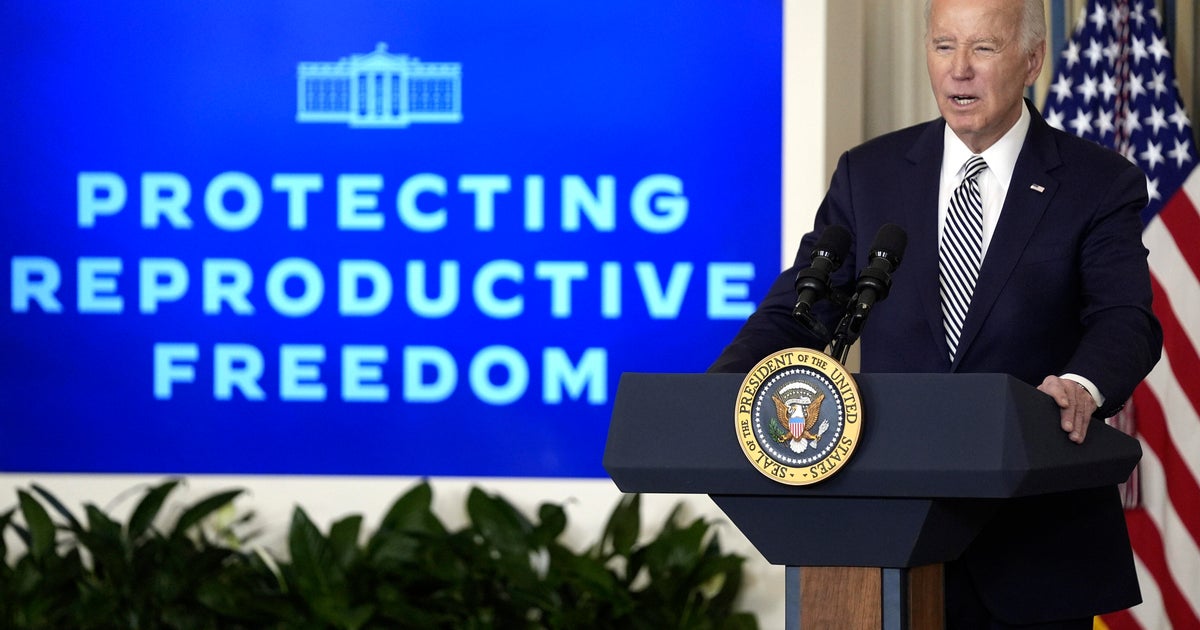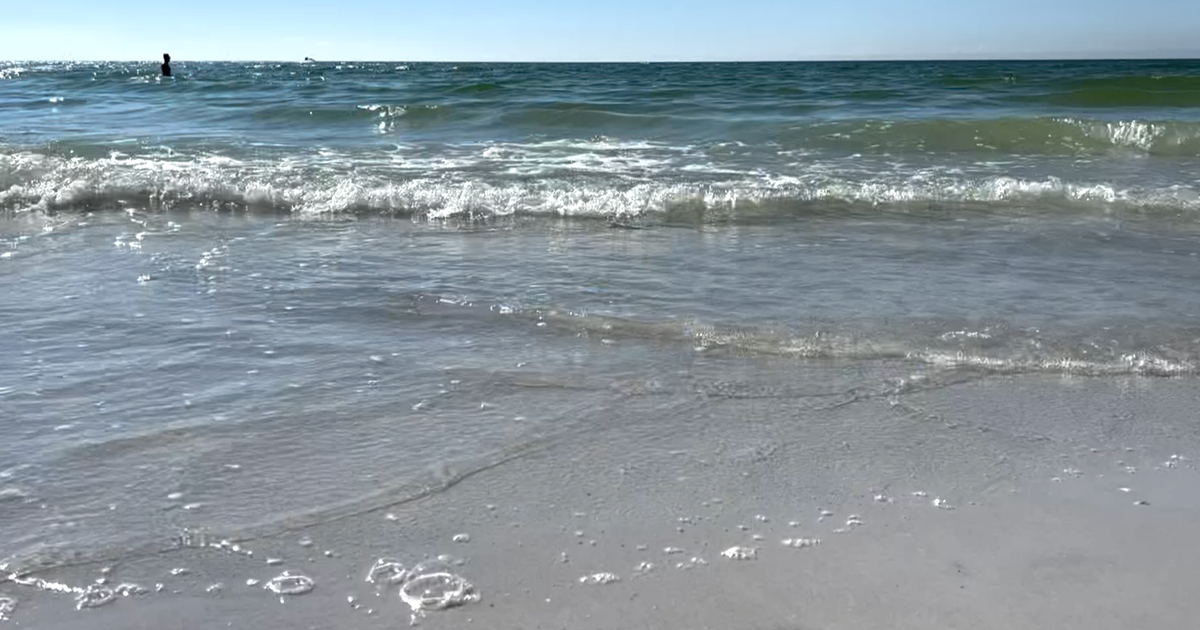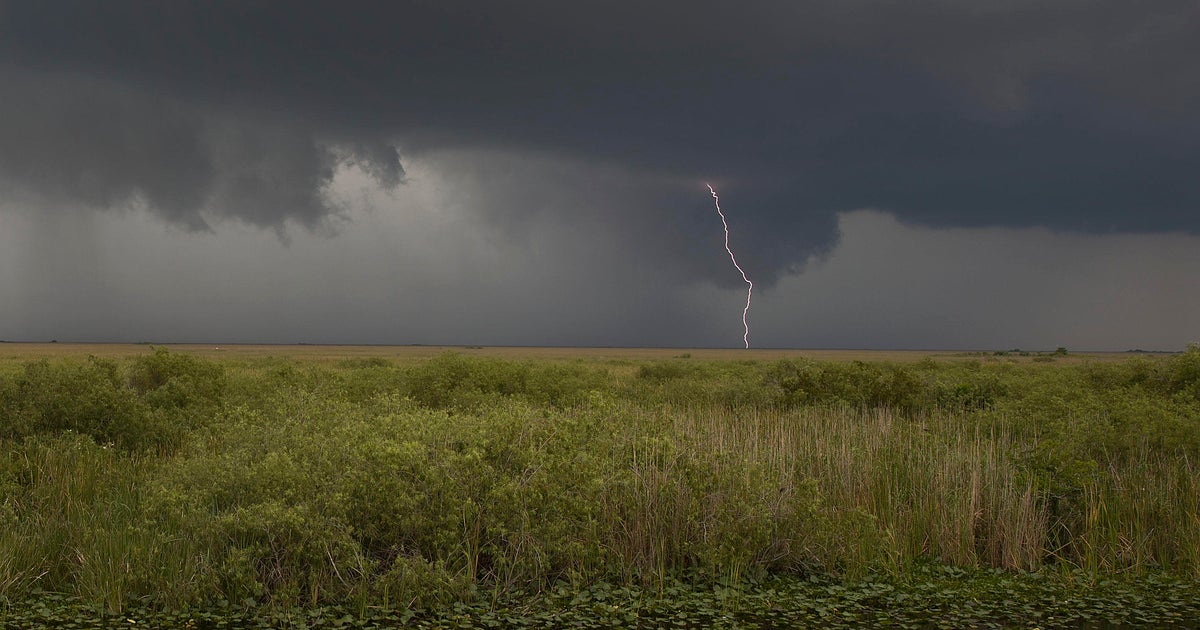'Liquor Wall' Fight Turns To Convenience Stores
Follow CBSMIAMI.COM: Facebook | Twitter
TALLAHASSEE (CBSMiami/NSF) – It's a hot question that has been asked in many different forms in the Florida capital lately.
Should Florida allow Wawa, 7-Eleven or the neighborhood Joe's Garage, where customers can now buy a six-pack and fill up the car, to also stock fifths of vodka, tequila and rum?
The prolonged legislative battle over repealing a Depression-era law known as the "liquor wall," which prohibits mixing liquor with groceries in one-stop shopping experiences, has moved from a fight among giant retailers to lawmakers arguing over spirits at gas stations.
The House this week delayed a vote on the proposed repeal (HB 81) because of a provision in the Senate version of the bill (SB 106) that sets a 10,000-square-foot-and-above size limit on gas stations that can receive liquor licenses.
House sponsor Rep. Bryan Avila, R-Hialeah, said he hasn't been lobbied by chain gas stations. But he is hearing from House and Senate members who have different opinions about whether the proposed size limit is too large or too small.
"Some members feel that it shouldn't be in. Some feel that it should. Some feel that it should be revised," Avila said.
Lakeland-based Publix has backed away from its years of opposition to repealing the law, as provisions have been added to the House and Senate bills that would stagger full implementation --- by slowly increasing the amount of liquor that could be sold in grocery stores and other retail outlets over a four-year period. Publix operates stand-alone liquor stores in many of the same shopping centers as its grocery stores.
The staggered implementation was seen as enough to help the Senate vote 21-17 last week to approve the repeal bill, which is backed by retail giants Target and Walmart that want to sell liquor in their stores.
And it was thought the change would be enough to get the House to buy in.
Senate bill sponsor Anitere Flores, R-Miami, said Thursday she is "hopeful" the House will to take up the Senate's language.
"I'm not even sure what they feel the gas station issue is," Flores said. "Is it that they want liquor to be sold in gas stations? If they do, that's not the mood of the Senate at all. If their issue is that `well if Busy Bee can, then the local Shell station can,' that's not going to fly in the Senate."
The provision is seen as allowing larger retailers that sell beer and have gas memberships, such as Sam's Club and Costco, to obtain liquor licenses, while omitting convenience stores that may be 2,500 to 5,000 square feet.
Sen. Frank Artiles, a Miami Republican who voted against the bill, said Thursday that with the issue "in flux," he expects the Senate will again have to address the issue.
Last week, during a highly spirited floor debate, Artiles said the gas station provision provides an unfair advantage to out-of-state corporations.
"We have gas stations, hundreds, thousands of local gas stations that are exempted in this bill," Artiles said. "These bills don't just stack the deck against small businesses, they ensure that they don't even get a fair-hand. If this bill becomes law, it will decimate the family-owned small business, and unfortunately a lot of Floridians will lose their jobs."
Avila said other lawmakers have expressed concerns about a proliferation of liquor stores on every corner, which he added shouldn't be an issue due to the state's liquor license quota system and local zoning requirements.
"We're still trying to work the issue out," Avila said. "We're still trying to come to a comfortable place with that provision."
The News Service of Florida's Jim Turner contributed to this report.
(©2017 CBS Local Media, a division of CBS Radio Inc. All rights reserved. This material may not be published, broadcast, rewritten, or redistributed. The News Service of Florida contributed to this report.)



